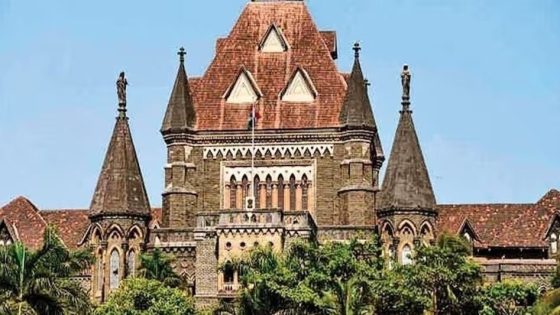Jay Dobyns lived a double life for two years, and it nearly cost him his life.
Now retired, Dobyns worked for the Bureau of Alcohol, Tobacco, Firearms and Explosives (ATF), which enforces the nation’s gun laws. From 2001 to 2003, he went undercover as he infiltrated the Hells Angels in Arizona.
He is now sharing his account in a new A&E series, “Secrets of The Hells Angels,” which examines the history of the notorious biker club. It features new interviews with former chapter presidents, as well as law enforcement officials, undercover agents and victims.
THE INFILTRATION OF HELLS ANGELS: TALES OF AN UNDERCOVER AGENT
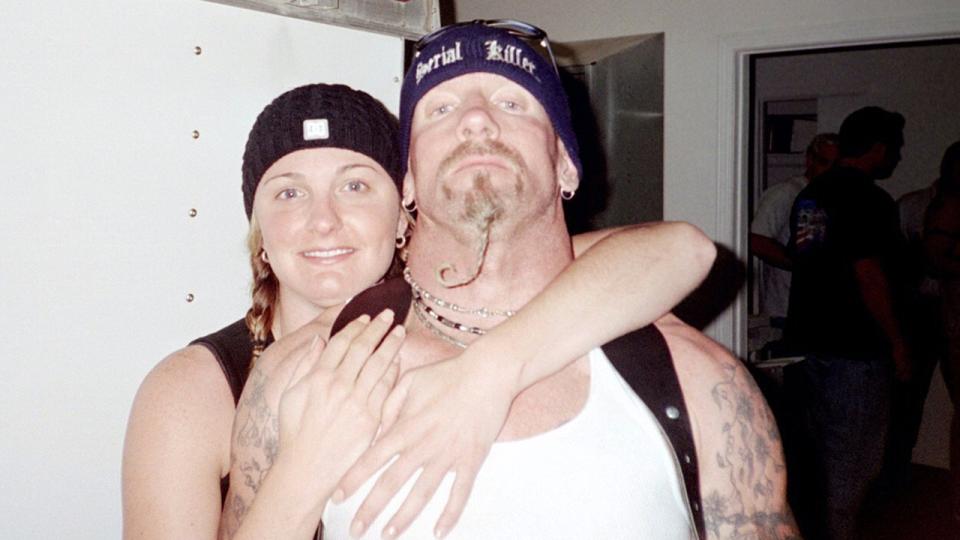
“This infiltration had never been done before by law enforcement,” Dobyns told Fox News Digital. “Cops had never gotten under the wire of the Hells Angels in the past. All the other outlaw motorcycle gangs had been infiltrated, but the Hells Angels prided themselves on being impenetrable.
“Their mantra was that a law enforcement officer would never be able to keep up with their pace,” Dobyns shared. “A cop couldn’t run as long and as hard and as fast as their world demanded before they were able to sniff out who that infiltrator might be and then get rid of them. So, the fact that we did get inside has stood the test of time.”
The organization has a long history in California, dating to its founding in 1948 by returning World War II veterans in the dusty town of Fontana. It includes a notorious incident during a Rolling Stones show in Altamont in 1969 in which a spectator was stabbed by a Hells Angel working security. A jury later acquitted the killer, finding he acted in self-defense.
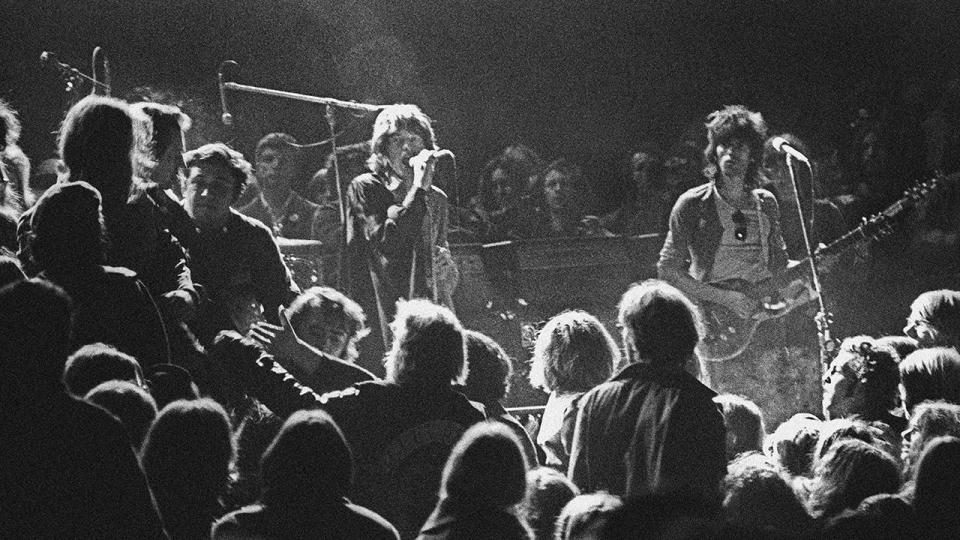

In 2011, the U.S. Department of Justice said the Hells Angels had as many as 2,500 members in 230 chapters in 26 countries. According to the FBI, the Hells Angels are still listed as an outlaw motorcycle gang involved in various criminal activity, including drug trafficking.
Federal, state and local police have pursued the club for decades, infiltrating it with undercover agents, prosecuting suspects with harsh charges once reserved for the Mafia and indicting members on charges ranging from drug trafficking to mortgage fraud.
Still, the club has flourished over the years. It has gone on to open chapters worldwide and aggressively enforce its trademarks in court. It has also won high-profile acquittals and other legal battles with law enforcement.
FOLLOW THE FOX TRUE CRIME TEAM ON X
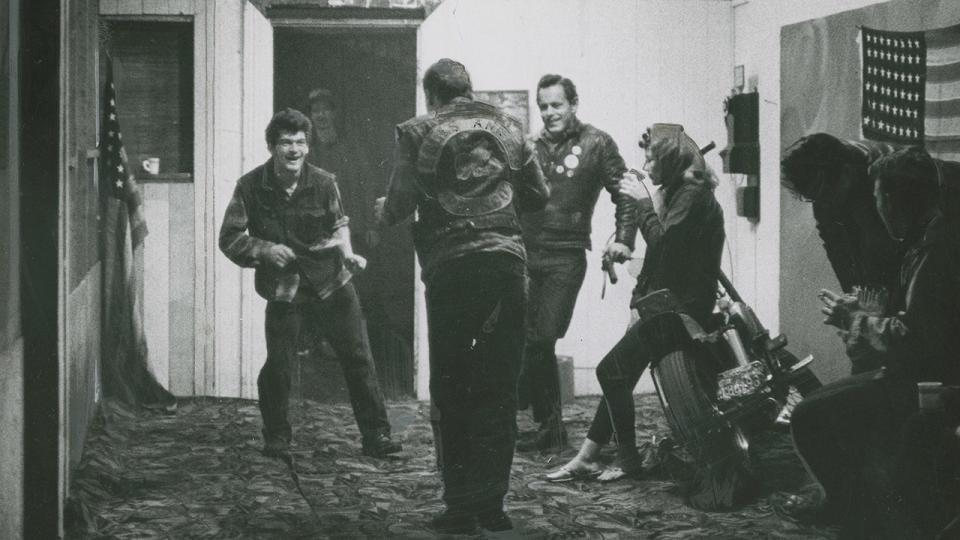

Dobyns already had 15 years of undercover street experience when he was assigned to Operation Black Biscuit. In preparation for the assignment, Dobyns shaved his head and became “fully sleeved” with tattoos from shoulder to wrist. He also bulked himself up.
The former star football player and family man had transformed into “Jaybird” Davis, a chain-smoking, Harley-riding renegade.
“I never tried to convince the Hells Angels that I was some experienced biker because I would’ve been sniffed out immediately,” Dobyns explained. “I portrayed myself as this gangster who was trying to be part of their world. It kept my story very close to the truth. I portrayed myself as a gun runner and a debt collector, not as a biker.”
Dobyns was convincing. And it didn’t take long for him to be welcomed with open arms.
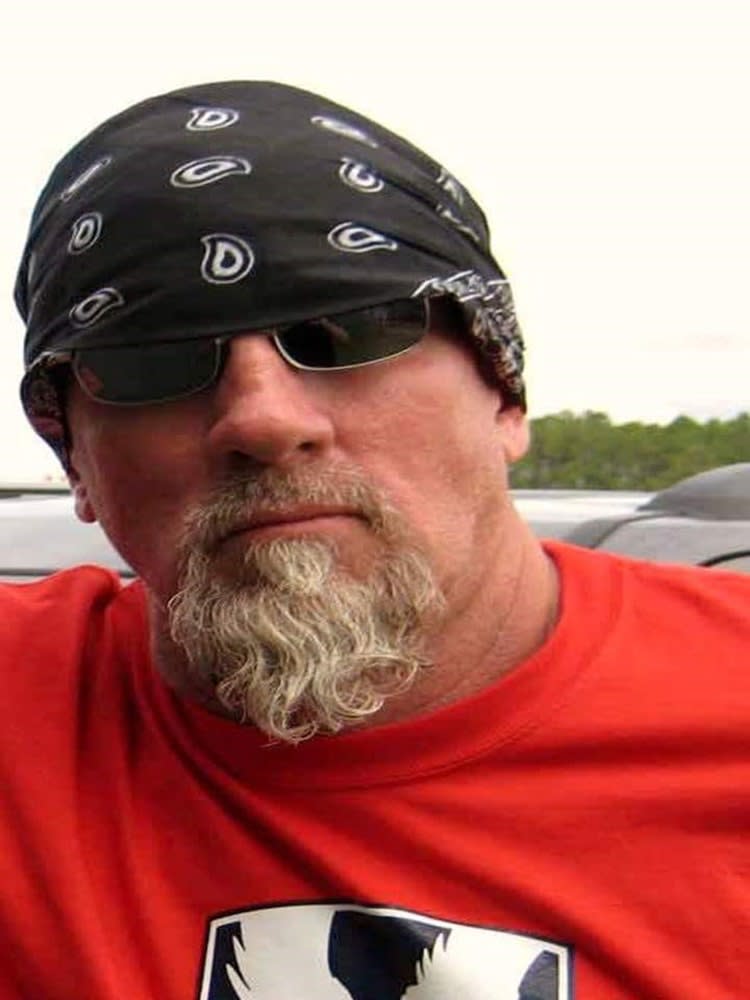

“For a group that portrays themselves to be these fun-loving rascals … they had massive amounts of internal rules and laws about what the organization’s policies are,” he recalled. “They don’t want to live by society’s rules and laws, but they have more of their own internal rules and laws than we carry as common citizens.”
The Angels have always maintained they are a club of motorcycle enthusiasts who are unfairly regarded as an organized crime syndicate because of the crimes of a few members acting independently. The club participates in charity events, such as “Toys for Tots,” motorcycle runs and blood drives.
“When we do right, nobody remembers,” the club’s website states. “When we do wrong, nobody forgets.”
SIGN UP TO GET THE TRUE CRIME NEWSLETTER
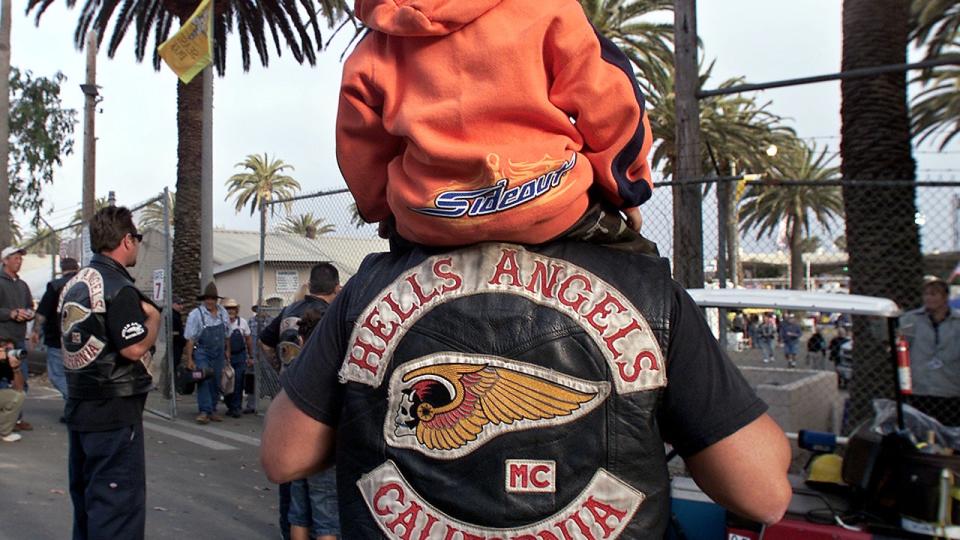

Dobyns was invited to join the group only after “killing” the leader of a rival gang, the Mongols. The shooting death was staged, complete with a Hollywood makeup artist and a dead cow used to splatter the victims’ clothing with blood and brain matter.
Dobyns admitted there were moments when he feared for his life.
“You’re pretending to be someone that you’re not,” he said. “And the Hells Angels are uniquely paranoid. They’re paranoid for a very valid reason. That paranoia keeps them out of jail. It keeps them out of prison. It keeps them from being infiltrated. Because of that paranoia, every single thing about you is being scrutinized. How you walk, how you talk, the clothes you wear, the motorcycle you ride, how you ride it, the car you drive, where you live, the condition of where you live. Is it real?
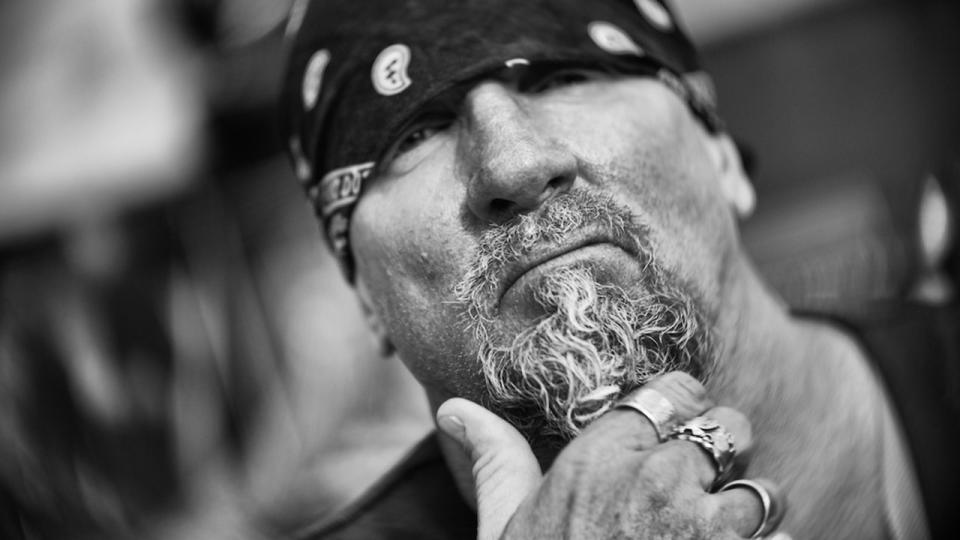

“You can’t make a mistake in that world because a mistake means life or death.”
As Dobyns moved up, his home life was deteriorating. He recalled signing a personal check using his alter ego’s name. His wife was beginning to not recognize her spouse, who was losing himself.
“I put a massive amount of battle damage on my wife and kids,” Dobyns admitted. “My regret, my failure, the shame that I continue to carry today is that I put my job in front of my family. At the time, I tried to justify it to myself, saying anybody who does undercover work and treats it like a hobby, treats it like a gimmick, ends up hurt or dead. You have to be all in. You have to allow that world to consume you because you’re never off.
GET REAL-TIME UPDATES DIRECTLY ON THE TRUE CRIME HUB
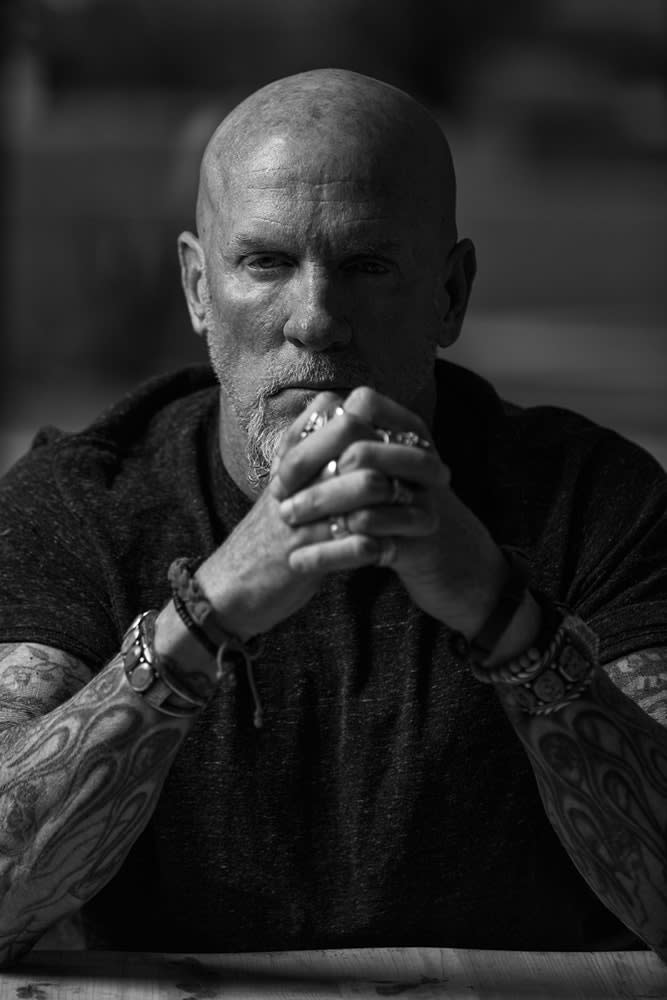

“I had lived that role for so long that it inherited my personal life,” he added. “Putting my undercover assignment in front of my wife and kids is now probably my greatest life regret. I know I should be trying to flatter myself … but if I’m not transparent, if I’m not honest, then none of this has credibility.”
Operation Black Biscuit came to an end in 2003. According to Dobyns, the case at that point had become “almost too dangerous to survive in.” It brought 16 indictments, including charges of murder and racketeering.
Dobyns said several Angels wasted no time in seeking retribution once his identity was uncovered. “Threats poured in” to gang-rape his wife, murder his family and infect him with HIV, he said.
His house was burned down in 2008 with Dobyns’ wife and children still sleeping inside. They escaped unharmed, but the arsonist was never caught.
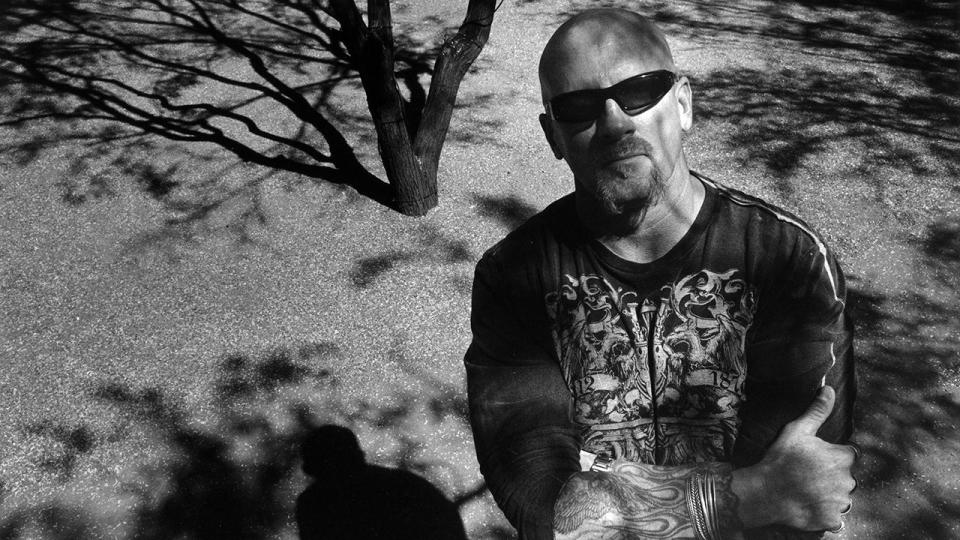

“The Hells Angels will kill their own when they feel like they’ve been betrayed,” said Dobyns. “When you show up as a newcomer, as a new person in their world, the Hells Angels view you as two things. They view you initially as a threat because you’re an outsider. Then they view you as a victim, someone who can be manipulated or taken advantage of. I had to prove to them that I was neither. I wasn’t a threat, and I wasn’t a victim. Ultimately, that was the challenge for two years.
“I may have signed on for this assignment, but my wife and kids didn’t,” he reflected. “They were becoming the victim of these threats, but it was too late at that point. … The Hells Angels have their Ph.D. in violence and intimidation. They’re very good at it. … They don’t forgive, and they don’t forget.”
“Those threats, although not necessarily as prevalent today as they were a few years back, I’m still cautious,” he continued. “I don’t live my life in fear. I’m not trying to hide. … I’m telling the truth. I’m not going to run or hide from the truth either.”


With more than 500 undercover investigations under his belt spanning 20 years on the job, Dobyns retired from the ATF in 2014. In 2009, he co-wrote a memoir, “No Angel.”
Looking back at his experience, Dobyns said there’s good reason why Americans continue to be fascinated by the Hells Angels.
“They’re all likable,” he chuckled. “Those guys, in my personal experience, were pleasant to be in the presence of. … They’re dangerous and violent men, but they’re also very charming.”
Original article source: Former undercover agent recalls infiltrating the Hells Angels: ‘A dangerous game to play’
Source Agencies


